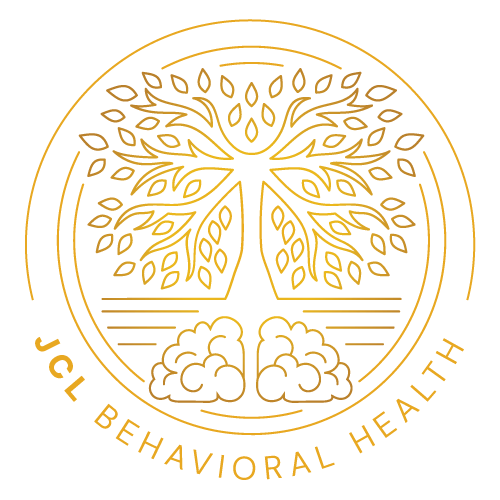Depression
- Home
- Depression
Depression is a common but serious mood disorder that negatively affects how a person feels, thinks, and handles daily activities. It causes persistent feelings of sadness and loss of interest in previously enjoyed activities. Depression can lead to various emotional and physical problems and can decrease a person’s ability to function at work and at home.

Recognizing Symptoms of Depression
Emotional Symptoms
Persistent sad, anxious, or "empty" mood, feelings of hopelessness or pessimism, irritability, feelings of guilt, worthlessness, or helplessness.
Physical Symptoms
Fatigue or decreased energy, moving or talking more slowly, feeling restless or having trouble sitting still, difficulty concentrating, remembering, or making decisions, difficulty sleeping, early-morning awakening, or oversleeping, appetite and/or weight changes, aches or pains, headaches, cramps, or digestive problems without a clear physical cause and that do not ease even with treatment.
Behavioral Symptoms
Loss of interest or pleasure in hobbies and activities, including sex, withdrawal from social interactions, and suicidal thoughts or attempts.
Treatment Approaches
Psychotherapy
Cognitive Behavioral Therapy (CBT) focuses on identifying and changing negative thought patterns and behaviors. Interpersonal Therapy (IPT) addresses issues in personal relationships and social functioning that contribute to depression. Psychodynamic therapy explores the underlying psychological causes of depression.
Medication
Antidepressants such as Selective Serotonin Reuptake Inhibitors (SSRIs), Serotonin-Norepinephrine Reuptake Inhibitors (SNRIs), Tricyclic Antidepressants (TCAs), and Monoamine Oxidase Inhibitors (MAOIs) are commonly prescribed to regulate mood and relieve symptoms.
Lifestyle Changes
Regular physical activity, a balanced diet, adequate sleep, and stress management techniques can significantly improve depression symptoms. Support from friends and family, as well as participation in support groups, can also be beneficial.
How We Can Help
At JCL Behavioral Health, we offer a comprehensive approach to treating depression, tailored to meet each patient's unique needs. Our services include thorough diagnostic evaluations, personalized psychotherapy plans, and medication management. Our skilled therapists use evidence-based practices to help patients develop coping strategies, improve their mood, and enhance their quality of life. We also provide psychoeducation to patients and their families to promote understanding and support. Our goal is to help patients achieve long-term recovery and maintain a fulfilling life.

Copyright ©2024 JCL Healthcare, All rights reserved. Powered by DeVops Align


